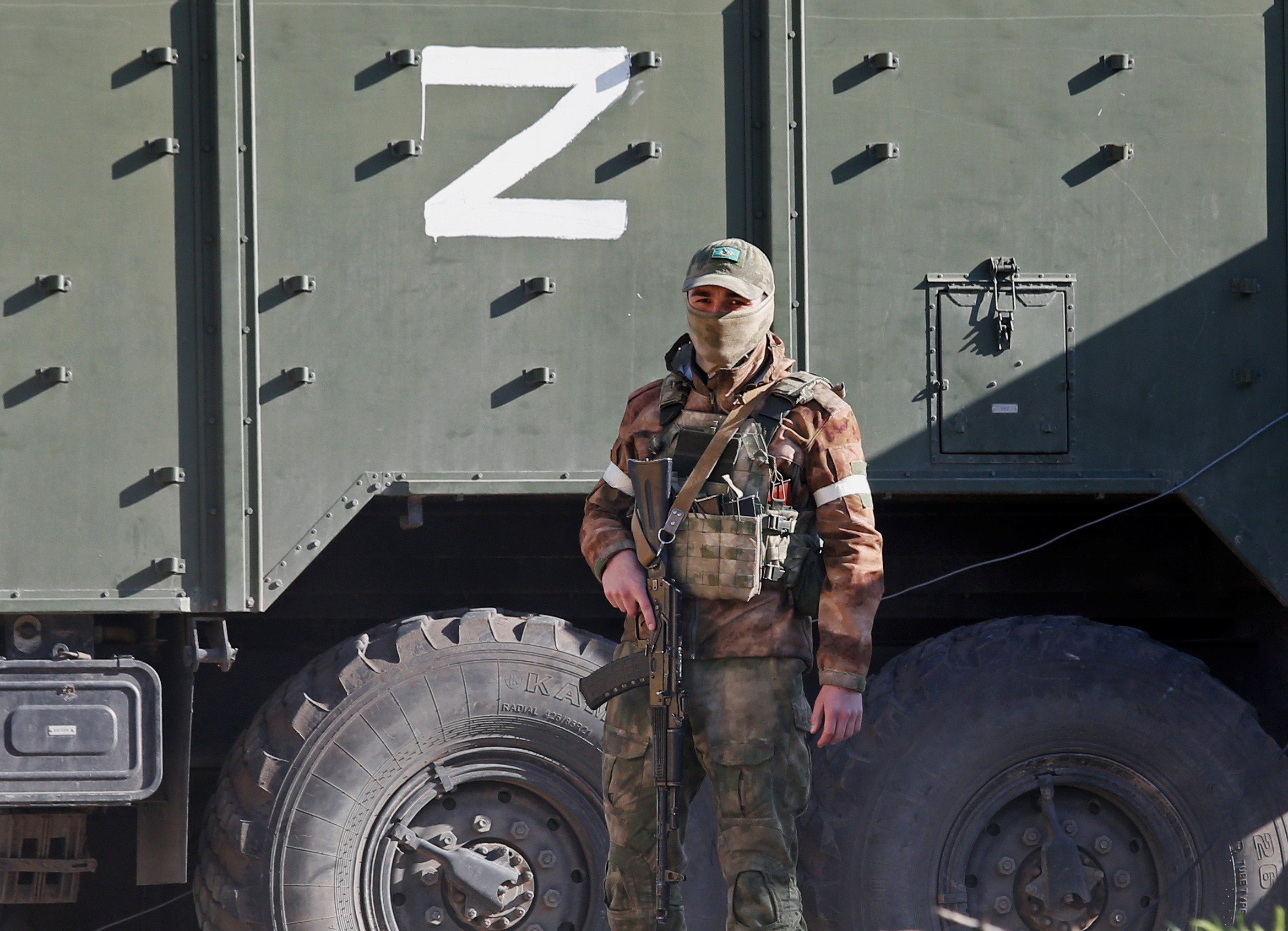
Russia has said it is exempting some bankers, IT workers and journalists from being drafted into the army to serve in Ukraine under the “partial mobilisation” announced by President Vladimir Putin, as men fled in droves across the border to avoid conscription.
Defence Minister Sergei Shoigu said on Wednesday that Russia would seek to call up 300,000 additional soldiers to bolster its military in Ukraine.
Russia’s defence ministry on Friday announced some employees working in critically important industries would be excluded from the draft in a bid to “ensure the work of specific high-tech industries, as well as Russia’s financial system”.
The exceptions apply to some IT workers, telecommunications workers, finance professionals, as well as some employees at “systemically-important” mass media outlets and interdependent suppliers, including registered media and broadcasters.
Russia classifies major employers and core companies in set industries as “systemically important” if they meet certain thresholds in terms of headcount, revenue or annual tax payments.
The classification allows firms to get special benefits from the Kremlin such as government-backed loans, bailouts and state investment, most recently seen during the COVID-19 pandemic.
Among the media outlets previously classified as such are a host of state-run TV channels, radio stations, news agencies, and newspapers, as well as some of Russia’s few privately-held media outlets.
The defence ministry said heads of companies should draw up lists of their employees who meet the criteria and can be excluded from the draft.
Russia’s central bank welcomed the move to exclude some financial professionals from being called up and said some of its staff met the relevant criteria.
“Employees who are engaged in critical areas will remain in their positions so the financial system can continue to work smoothly, people can receive their salaries, pensions and social benefits on time, card payments and transfers work and new loans can be issued,” the central bank said in a statement.
Fleeing conscription
Putin’s mobilisation order followed weeks of speculation about how Russia would respond to a conflict now entering its eighth month in which Kyiv and the West say Russia has suffered tens of thousands of casualties.
A Russian independent monitoring group, OVD-Info, reported that men detained in the statewide anti-war rallies that followed the mobilisation announcement were handed draft papers while in custody in at least 15 Moscow police departments.
The day before the Kremlin announcement, the Russian parliament approved a bill to toughen punishment for those refusing military summons or who desert.
The bill, yet to be signed into law, will impose prison sentences of five to 15 years.
Traffic into Finland over its border with Russia remained heavy on Friday.
About 7,000 people crossed from Russia into Finland on Thursday, some 6,000 of them Russian, meaning a 107 percent increase compared with the same day a week earlier, according to border guards who spoke to the Reuters news agency.
At Vaalimaa, the busiest crossing point, cars lined up for up to 400 metres, a longer queue than on Thursday, a border official said.
Helsinki announced on Friday that it would “significantly restrict the entry of Russian citizens” in the “coming days” after seeing the influx over its eastern border double.
“Those crossing the border on tourism grounds alone will be barred from entering,” Foreign Minister Pekka Haavisto told reporters.
This applies both to Russians travelling on tourist visas issued by Finland and tourist visas issued by any other Schengen country, Haavisto said.
As a justification, Finland cites “serious damage to its international position”, in contrast to the Baltic countries which have classified tourism from Russia as a security threat.
Latvia has also suggested it will not provide asylum or refuge to people fleeing Russia.







